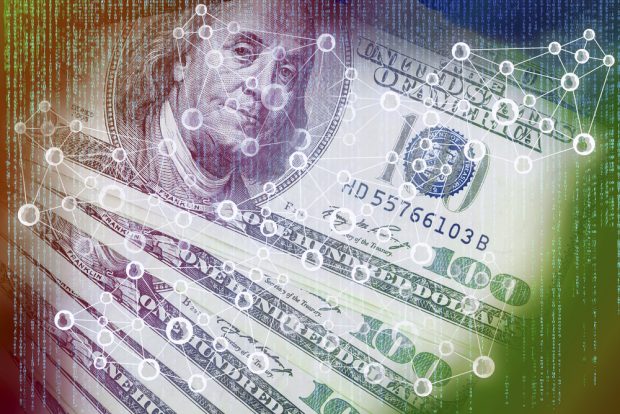 Source: Shutterstock.
Source: Shutterstock.
LSC said it has invested in the fintech Cambio, a mobile banking and financial recovery app, to provide underserved consumers access to banking services.
The partnership calls for the Chicago-based Cambio to use LSC's payments and banking service to serve as the fintech's bank of record, card issuer and processor.
Recommended For You
"We invested in Cambio because of their focus on providing the underserved access to banking services," CEO of LSC and the Illinois Credit Union League Tom Kane said. "Their mission directly aligns with LSC's core mission, and we are proud to be the banking home of the underserved."
Based in Naperville, Ill., LSC serves more than 2,300 credit unions across 50 states.
The partnership provides Cambio's members access to thousands of fee-free ATMs, cash deposits at thousands of retail stores and free bill-pay.
Cambio also offers a proprietary alternative credit score through a financial skills program.
The skills program enables members to build credit, get out of debt and save money. As their skills grow, so does their Cambio Score. Each activity also comes with rewards, which can be redeemed as cash allowing members to earn as they learn. The Cambio Score also allows members to earn access to credit building opportunities such as loan refinancing and secured credit cards.
"Our members are eager to change their financial situation, we just give them the skills and tools to do so," Blesson Abraham, CEO and founder of Cambio, said. "Cambio is for the people struggling with damaged credit and just need a 'tell me what to do' app for their finances."
After the pandemic began last year, an estimated 21% or 48 million Americans had their credit applications rejected because their credit scores were determined to be too low by lenders, credit card companies or landlords, according to a Bankrate survey.
Additionally, more than 5%, or 7.1 million U.S. households, are unbanked, according to a 2019 FDIC research study. The top reasons for households without a bank account include not being able to meet minimum balance requirements, do not trust banks, privacy, and bank account fees are too high or too unpredictable, the FDIC study showed.
© Touchpoint Markets, All Rights Reserved. Request academic re-use from www.copyright.com. All other uses, submit a request to [email protected]. For more inforrmation visit Asset & Logo Licensing.







